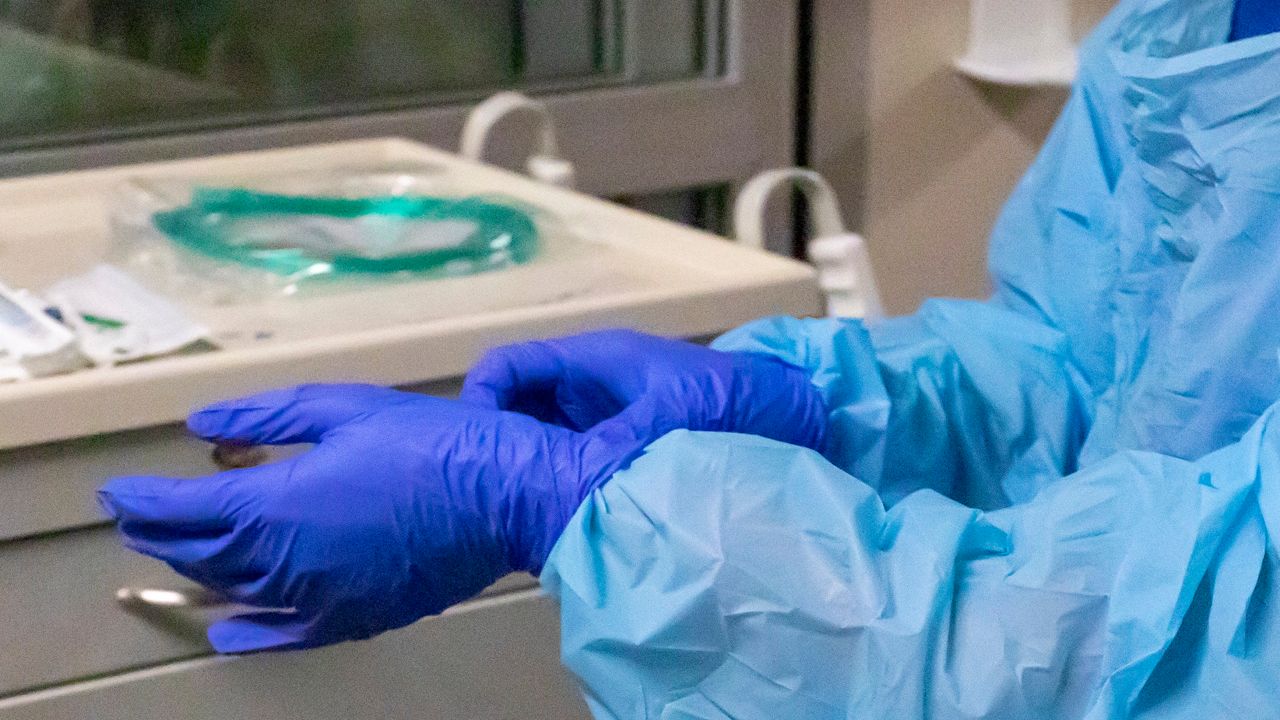OHIO — A 10-year study shows that teens who have had bariatric surgery had sustained weight loss and improved metabolic health.
Nationwide Children’s Hospital was one of five institutions across the U.S. to take part in the Teen-Longitudinal Assessment of Bariatric Surgery research study.
The study included 260 patients who received bariatric surgery as teenagers (13 to 19 years old) and analyzed their health outcomes over a 10-year span. The research shows there was a mean reduction of 20% in body mass index, as well as improvements with blood pressure, type 2 diabetes and other obesity-related illnesses.
“Obesity is one of the most common chronic conditions among adolescents in the United States, and it can result in serious health outcomes if not treated,” said Dr. Stephen Cook, director of the Center for Healthy Weight and Nutrition at Nationwide Children's Hospital, in a release. “Treating children and teens with obesity requires a thoughtful, wholistic approach. We have shown that bariatric surgery is a safe and effective option to treat this complex, chronic disease. Components of care should include lifestyle changes, including diet and physical activity, behavioral changes or therapies, and when appropriate weight loss medications or metabolic and bariatric surgery.”
Bariatric surgery is a form of treatment to help people lose weight, and it’s usually done when people have a hard time even when exercising, a good diet and other factors are taken into account, according to Mayo Clinic.
There are different types of bariatric surgery, such as gastric bypass and sleeve gastrectomy. In 2022, more than 280,00 people in the U.S. had bariatric surgery, according to the American Society for Metabolic and Bariatric Surgery. That’s an increase of 6.5% from the year before.
The surgery can help reduce the risk for life-threatening health issues, such as heart disease, sleep apnea, certain cancers and more, according to Mayo Clinic.
The study noted that among the bariatric patients, there was a better long-term remission of type 2 diabetes in this study compared to recent studies involving adult bariatric patients.
Cases of type 2 diabetes in particular have been rising overtime, especially among young people. Data from the Centers for Disease Control and Prevention shows that in 2021, more than 5,200 children and adolescents in the U.S. had the disease.
The analysis represents ongoing research into studying adolescent patients with severe obesity who turn to metabolic and bariatric surgery and long-term outcomes.
“The most recent analysis from the Teen-LABS study consortium supports the evolving consensus that bariatric surgery is a safe, effective and durable treatment strategy designed to improve the health of children suffering from severe forms of obesity,” said Dr. Marc Michalsky, surgical director for the Center for Healthy Weight and Nutrition at Nationwide Children's Hospital and co-author on the study. “In addition to demonstrating significant and long-term weight loss up to 10 years, the study demonstrates improvement in several key obesity-related co-morbid illnesses including hypertension, type 2 diabetes and dyslipidemia.”
The study was published in the New England Journal of Medicine.



